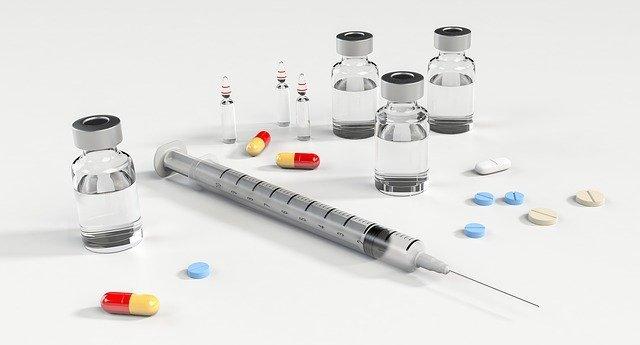On December 28, the clinical trial application of Junshi Bio CD39 monoclonal antibody - JS019 injection (recombinant fully human anti-CD39 monoclonal antibody injection) was tacitly approved by the Drug Evaluation Center of the State Drug Administration for the treatment of advanced malignant tumors. CD39 is a research hotspot in the field of tumor treatment, and companies such as Junshi Biology, AbbVie, AstraZeneca, Surface Oncology, and Kewang Biology have research projects. So what exactly is CD39? How does CD39 monoclonal antibody play an antitumor effect?

Structure of CD39
Human CD39 is a protein containing about 510 amino acids, with 7 N-glycosylation sites and 11 cysteine residues and 2 transmembrane regions. Structurally, CD39 consists of two transmembrane structural regions, a small cytoplasmic region and a large extracellular hydrophobic region, the cytoplasmic region containing the N-terminus and the C-terminus, and the extracellular region containing 5 ATPase conserved regions (ACRs), which are necessary to maintain the enzymatic activity and structural integrity of the molecule.
Expression of CD39
CD39 is widely expressed in a variety of tissues and organs, such as the bladder, brain, breast, colon, uterus, stomach, prostate, etc., and is mainly expressed in endothelial cells and immune cells. The expression rate of CD39 in different types of cells is also significantly different, the expression rate of B lymphocytes, monocytes and neutrophils CD39 is more than 90%, the expression rate of CD4+ T cells (including memory T cells and regulatory T cells) is about 20% to 30%, while the expression rate of CD8+ T cells is less than 5%, and the expression rate of natural killer cells (NK) is 2% to 5%.
Antitumor mechanism of action of CD39 monoclonal antibody
Studies have shown that CD39 plays an important role in the development of tumorigenesis. In patients with liver tumors and gastric tumor radical resection, elevated CD39 expression in tumor tissues is associated with higher recurrence rates and shorter survival, and is an independent risk factor for poor prognosis. CD39 also has an effect on the proliferation and metastasis of tumor cells.
Studies have shown that tumor cells and the microenvironment in which they are located are crucial for the occurrence and development of tumors, in the tumor microenvironment, tumors and immune cells in close contact release many immunomodulatory factors, forming an immunosuppressive microenvironment, thereby promoting tumor growth. CD39 produces adenosine, adenosine binds to adenosine receptors (A1, A2A, A2B, A3 receptors) coupled with 4 G proteins on infiltrated immune cells in the tumor, affecting its function, thereby forming an immunosuppressive microenvironment that promotes the development of tumors.
CD39 monoclonal antibodies can alleviate immunosuppression by reducing adenosine in the tumor microenvironment, which in turn exerts an anti-tumor effect. Studies have shown that CD39 is highly expressed in a variety of human cancers, including lymphoma, sarcoma, lung cancer, pancreatic cancer and testicular cancer.
JS019 injection
At present, only the JS019 injection of Junshi Bio has entered the clinical stage of CD39 monoclonal antibody in China. Unlike products that directly target CD39 enzyme activity, JS019 enhances its antibody-dependent cytotoxic effect in the process design, directly targeting CD39 highly expressed tumor neovascular endothelial cells and tumor-associated macrophages for the treatment of advanced malignancies. This property of JS019 can reduce side effects while maintaining high efficacy.